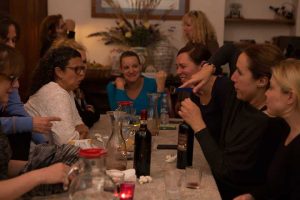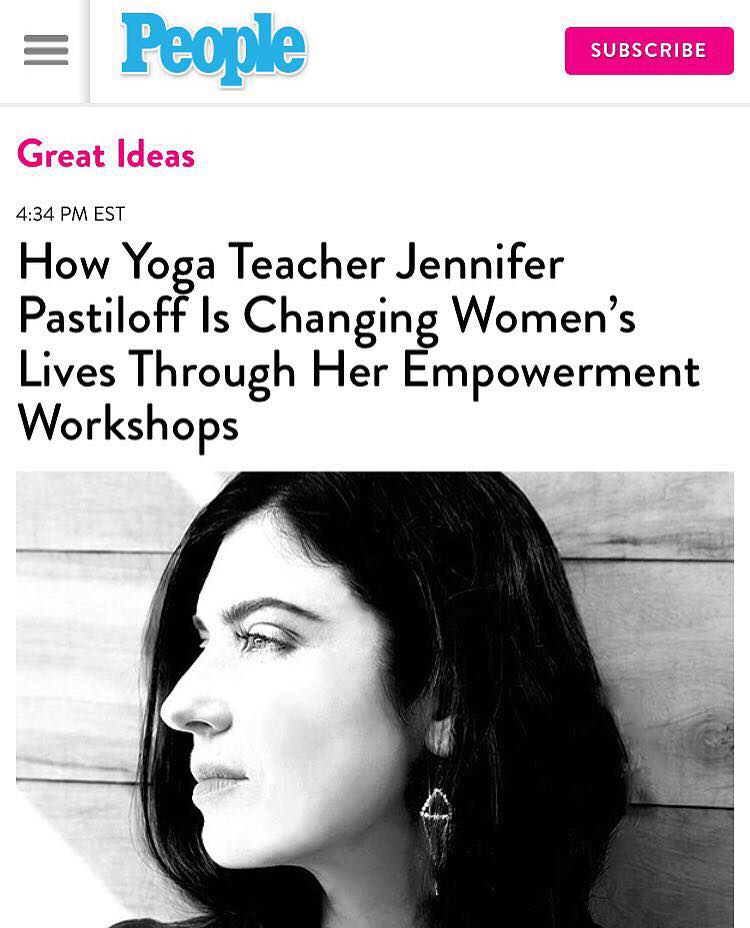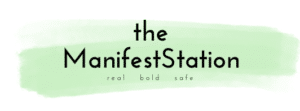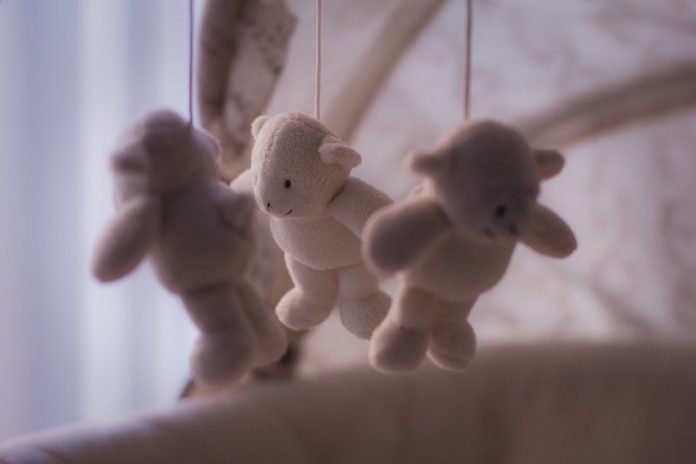By Rachel Schinderman
I was very pregnant. 38 weeks. I remember being very aware of my belly and not because it was as big as it was. And it was big. Huge actually. But because, it felt hollow, empty. It was a Wednesday and my husband was at work. I knew my running off to the movies to while away an afternoon days were coming to an end, so I sat down in my seat in a dark theater on 2nd Street to watch Little Miss Sunshine by myself. The baby was scheduled to arrive in a week by C-section since he was breech. I was trying to get it all in. Lunch with an old college friend and a facial were rounding out the week.
I half watched the movie, half pushed on my belly. Where are you I wondered? But he never moved much. That was his way. It was normal. Occasionally, like at night when I was trying to sleep he would remind me he was there. Once it seemed he had friends over, but that was not the norm, he was snug in his spot.
It seems this would be the moment where I would race out of the theater and head straight to my doctor’s or arrive at the hospital. This would be the hero move. But as a first time pregnant lady who had called her doctor often over Braxton Hicks and other not feeling quite so well moments, I figured again it would be the same answer. I was fine. The baby wasn’t moving, true, but the baby never moved much. And besides, I had an appointment the next morning.
As Abigail Breslin arrived at The Little Miss Sunshine Beauty Contest with her entire wacky family in tow, ready for the third act excitement, the movie broke. The lights came on and they explained they would fix it. Soon enough we were in the dark again ready to pretend the break did not break our momentum with the story. As the image came back on the screen, it was upside down.
Now I have never been to a movie when it broke and I have certainly never been to a movie screened upside down. I still can’t remember if it was resolved or not.
I now see that time at the movies as huge neon signs that I was ignoring, sent from above to get the hell out, to tend to this topsy turvy story that was about to unfold. But instead I ignored the signs and stayed until the credits rolled and quietly waddled my way home.
The next day, I put on a black sundress and my husband and I went to my early morning doctor’s appointment. I skipped breakfast and I am not one to skip a meal, but because I think somewhere deep in my soul I knew I would be having surgery that day.
But the ultrasound and heart rate seemed normal. We were heading out the door not to see them until my C-section in a week.
“I haven’t really felt the baby move a lot,” I said.
I hadn’t called the day before, hadn’t mentioned it earlier, because as I said he never moved much. Plus, I didn’t want to seem like a bother.
They strapped me to a fetal heart rate monitor to compare the baby’s heart rate at rest and awake. But they couldn’t get him to wake up. I drank juice. I ate cookies. They zapped my tummy with a noise machine. Nothing. So, let’s take him out now they offered. There didn’t seem to be much urgency. Possibly I was just not a good incubator anymore. It happens.
I was overwhelmed by complete calm. Do what you need to do. Cut me open. Shoot me up with drugs. My husband paced and cancelled my lunch plans. He called our parents who weren’t set to arrive until the following week. Then they took me away from him. I imagined him alone pacing the hallway behind the OR doors in his scrubs waiting to be called, nervous. I was startled by the coldness and how bright the operating room was. I hopped up on the table, was given my epidural to prepare to have our baby, and was surrounded by strangers.
“Where’s my husband?” I kept pestering. I was worried they’d forget him in the hallway. “Can somebody get my husband?” And then the drugs took over and I closed my eyes, just for a little rest I remember thinking. My arms were strapped out to the side and my body was readied for surgery. And then there was Jay, my husband, in scrubs, holding my hand, cutting the cord. And then, of course there was a baby. I listened for a cry. And for what seemed like too long, there was none. Then I was comforted by a wail.
“What is it?” I asked.
“A boy,” the doctor said almost as an afterthought.
I turned to Jay. “Benjamin,” I asked, even though we had already decided on that name. But the prospect of actually naming another human being needed confirmation.
“Yes,” he said.
“Let Jay hold him,” I insisted. The situation was serious yet they still placed him by my shoulder. They still put him in Jay’s arms. It was a brief, calm moment.
Then they whisked him away.
I was left in a room full of blood. The scene reminded me of MASH.
It was only once they opened me up and saw the hole in my placenta that they knew what had happened. Though they would never know why. There had either been a hemorrhage or the placenta had malformed. They weren’t sure and it didn’t actually matter. Our son, Benjamin, had bled out the majority of his blood into me. A slow bleed, they said, possibly for the last 36 hours, while I sat in the movies. A fetal/maternal transfusion they call it. Very rare. Over 9% of my blood was now made up of his. A doctor threw numbers at us about his condition. Anything less than a ten was critical. Benjamin was a five.
“You have a grandson,” I told my mother when I called from recovery. Not too long after that I called her back and asked her not to be too excited. I wasn’t sure he would make it through the night.
***
My son, our baby, had been with me always, a part of my body, a piece of me, and now, being wheeled into the Neo Natal Intensive Care Unit to meet him, still on a gurney, I was unsure of what he looked like. It made me sad to think I’d have to ask who he was. He’d only just passed me by in the operating room. But shouldn’t a mother just know her child?
I was drawn to a baby behind a plastic shield. I do not remember if there were cries or deep silence. All I remember were the tubes and wires and then more wires taped to his tiny arms like splints.
God I hope it’s not him I thought to myself.
It was. It seems I did know him.
Then I threw up.
The sight of my son, of his damaged little body, made me weak and sick.
Four days later after recovering from my surgery, we went home without him.
I pumped breast milk at all hours staring at his photograph on my laptop screen.
Jay washed bottle after bottle until his hands were raw.
I worried for what we would find and steadied myself every time we walked through the NICU doors for our son, for the other babies.
We scowled as the cardiologist made jokes.
We sat by Benjamin’s side, getting too comfortable for my liking in the NICU.
His numbers improved.
I learned how to nurse behind a curtain creating a private little space just for the two of us.
Daily we made our way past what had been our room and I tried not to notice family after family celebrating.
Monitors blared scary beeps. Nurses would come running. The numbers on the screen would fall and so would my heart. “Look at your baby,” a nurse would say. “Ignore the beeps.” Usually a wire had just fallen off his toe. “Your baby is fine. Remember, look at your baby.”
And I would look and I would see a scene I had never anticipated. This was supposed to be my fix, my happily ever after. My put back together family. My father had died when I was a young child. I had already had my tragedy. I felt angry and yet in some deep part of me, I also felt like I was putting on an old coat. I knew how to do this. I knew this world.
***
“You don’t have to go to Harvard,” I whispered to Benjamin one day behind our curtain in the NICU. “You just have to live.”
Eventually, after thirteen days, we were allowed to take him home.
Soon enough, we were just new parent tired. Not NICU parent tired. All seemed fine. They wouldn’t have let us take him home if he were still in danger we reasoned. We followed up with our doctor as we were supposed to. But I kept wondering, worrying, had there been a lack of oxygen to the brain when he lost all his blood? Would it even surface now? Would we know what to look for?
When he was around 2 or 3 months, we noticed he kept his arms down. He didn’t reach for objects. He didn’t swat at his mobile. I mentioned it to my doctor, for now I mention everything, no longer concerned about being a bother. She sent us to a physical therapist.
In a big cushioned room full of toys and padding, Benjamin practiced his tummy time and she videotaped him. “Just as I thought,” she said when she looked at his neck and instructed me to hold him down five times a day, five different ways each time for 60 seconds for each stretch. When she demonstrated the neck exercise, I actually asked, “You’re not going to break his neck, right?”
She showed me other stretches, gave me instructions for at home exercises and added us to her weekly schedule. We would go to some kind of therapy for the next 7 years.
Later she called to give me a “heads up” about her report. After reviewing the video, She was concerned about his hearing. About his vision. Perhaps he is blind. Perhaps he is deaf.
I know he sees me.
I know he is soothed when I sing.
I am his mother. I know him.
But we raced to more doctors. Neurologists. Developmental Pediatrician. Eye doctor. Ear doctor. He is not blind. He is not deaf. I was right. But the implication cannot be ignored. When your child enters the world with one foot towards the exit, you do not take anything casually. He has muscle tone issues, muscle in-coordination, torticollis, where his head leans towards one shoulder, probably from being breech. Hypotonia, or low muscle tone, makes him floppy, hinders his motor skills. It is a neurological condition of how the brain speaks to his muscles. What else is happening in his brain?
***
I always wanted to be a mother. When I was a little girl, when the guy on TV asked, “It’s 7pm, have your hugged your child today?“ I would hug my belly because my mother told me we are born with all of our eggs. Straddling my infant son five times a day, holding his body down as I pulled his neck from side to side to reteach his muscles, having to find just the right time to balance his hysteria, not too close to a feeding or a nap, so he won’t vomit, so he won’t miss sleep. The guy on TV didn’t say anything about that.
I watched him, waiting for something new to discover. I bought the therapy props. I made him cry. I studied his body looking for clues as to how he will be. Will his biceps grow strong? Will this all be a funny footnote to his professional baseball career? Or is this how it starts, only to lay down roots deep in his body unwilling to budge? Will my baby become the man on the street you remind yourself not to stare at?
I wept with pride when he would cling to a dangling monkey pulling it towards him so he could chew it silly. I tried not to compare him to the babies in my mommy group. But they rolled over. They sat up. They did not rock and sway throwing their heads back so violently that I wondered if a baby could give himself shaken baby syndrome. Another mom squeezed my knee as Benjamin arched back in my arms unwilling to sit and play as the others were doing. In that squeeze, I knew we were not hiding. I wore my problems for all to see. I was unwashed, unkempt, still heavy with baby weight.
I sat in a closet at my in-laws unable to put on my shoes as my husband waited for me to go to lunch. I did not call people back. I sat with my girlfriends rehashing our birth stories, brought to a bundle of tears in some salad joint. When asked how I am, I responded with how Benjamin is.
***
Late at night in the dark I would hold him and rock him singing Summertime.
Summertime, and the livin’ is easy.
His crib to my right. Everything in its place.
So hush little baby, don’t cry.
I would rock him in his chair with the soft yellow cushion and wood frame.
I felt safe in the dark holding my son. I felt like a mom, or at least what I thought it would feel like to be a mom.
There in the dark, I nursed through cracked nipples determined not to let the pain stop me. Benjamin pulled off with blood pooled around his mouth. He smiled as the blood dribbled down his chin. Shocked, it took me a moment to realize he was fine and it was my blood, not his. Then I wondered, did he want his blood back? Did he know he had given it to me, that I had taken so much of it? I would give it to him if I could. He can have my body, my milk, my blood, whatever he wants.
Daily at his physical and occupational therapy and early intervention classes, Benjamin’s deficiencies are pointed out to me by the experts, a curl of the toe, core instability, speech delay, developmental delay, sensory integration issues. Not knowing what to look for, friends and family try to reassure that there is nothing wrong with him. In one fell swoop, they diminish all of my efforts, cut my motherly duties and crush the one thing I can control, getting him to his appointments and providing him with services. I hated their reassuring cheeriness.
***
My husband whispered in my ear at night, “He’s going to be fine.”
Instead of being soothed, I was enraged. Is he just like those who talk to me like the hysterical mother? Who is this man, how is he not profoundly changed, wounded, grasping? Is this not the same man I believed had crawled up inside me during my c-section and was sewn into my body for how strongly connected I felt to him?
“How do you know that,” I demanded.
“Because of everything you are doing right now,” he said rather gently and strongly, so full of faith. And I hugged him searching for a little of his faith for myself.
***
My body failed Benjamin. It is my job now to make sure he succeeds in his. He is now considered a medical anomaly for how well he is doing.
They say trust your gut, but my gut allowed me to stay at the movies. So my gut now says just keep going, throw everything at it. Benjamin will remember none of this. But I will and I will do my best to not bring this into his adulthood, to not view him as my precious child I almost lost. Only as, my precious child.
As the NICU nurses taught me, I remind myself to look at my baby. I see him getting stronger. I see him walk steps at The Natural History Museum. I see him feed himself ice cream with a spoon. I see him no longer shriek and cry when we finger-paint. Slowly, and it is my daily struggle, I see Benjamin, not his birth trauma. I see his blond hair, always tussled and his bright blue eyes, in which I see my husband.
I see a little boy who likes pacifiers, can get two in his mouth at one time.
I see a little boy who requested a little sister only to be terribly disappointed it was a brother.
I see a little boy obsessed with all things baseball, every surface and wall of his room covered in cards, posters and memorabilia.
I see a little boy who watches World War 2 documentaries and will shush me because “Roosevelt’s about to make a speech.”
I see a little boy who isn’t so little anymore, now nine.
I see a little boy, who if he wants to, I will help go to Harvard.
This was not what I had imagined when I would hug my belly watching TV as a child. But as Benjamin goes out into the world, I see now that no one will look at him the way I did that first day in the NICU. For if you were to look at him, you would not see any damage. If you were to look at me though, I cannot say the same.
Rachel Schinderman is a writer, teacher and mother living in Los Angeles. She has a Masters in Writing from USC and has been published in The LA Times Magazine, The Manifest Station (Yay!), The Nervous Breakdown, The Los Angeles Jewish Journal and has placed twice in LA Parent’s Moms Who Write contest. She reads her work regularly in the hit show Expressing Motherhood. She also had an ongoing column in The Santa Monica Daily Press for two years called Mommie Brain about motherhood. She runs writing groups for moms also under the Mommie Brain name. Her work can be read there (mommiebrain.com) or at rachelschinderman.com. She has been lucky through the years to have studied with Joyce Maynard, Ann Hood, Hope Edelman and Sam Dunn.






This was beautiful, Rachel. <3